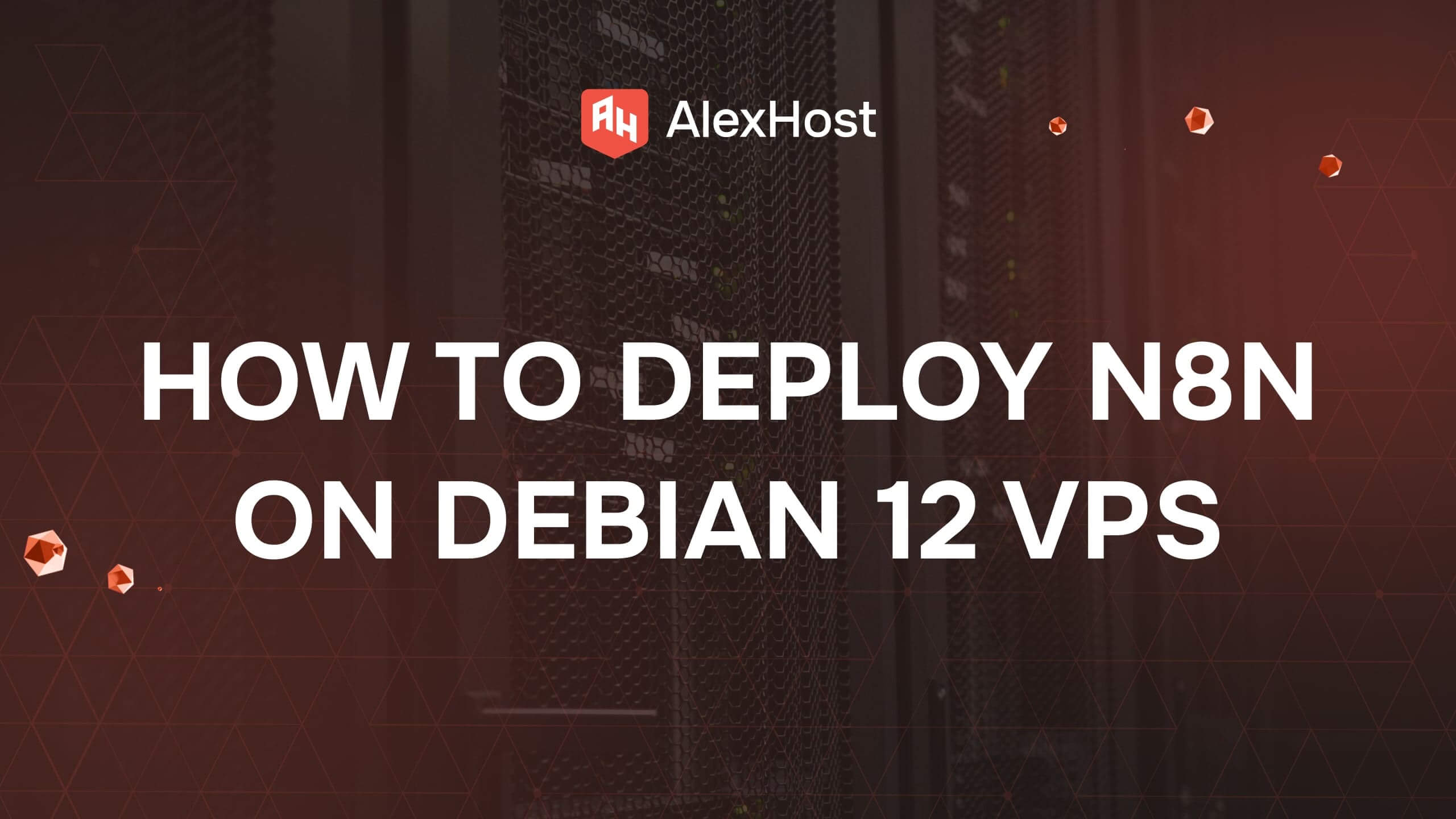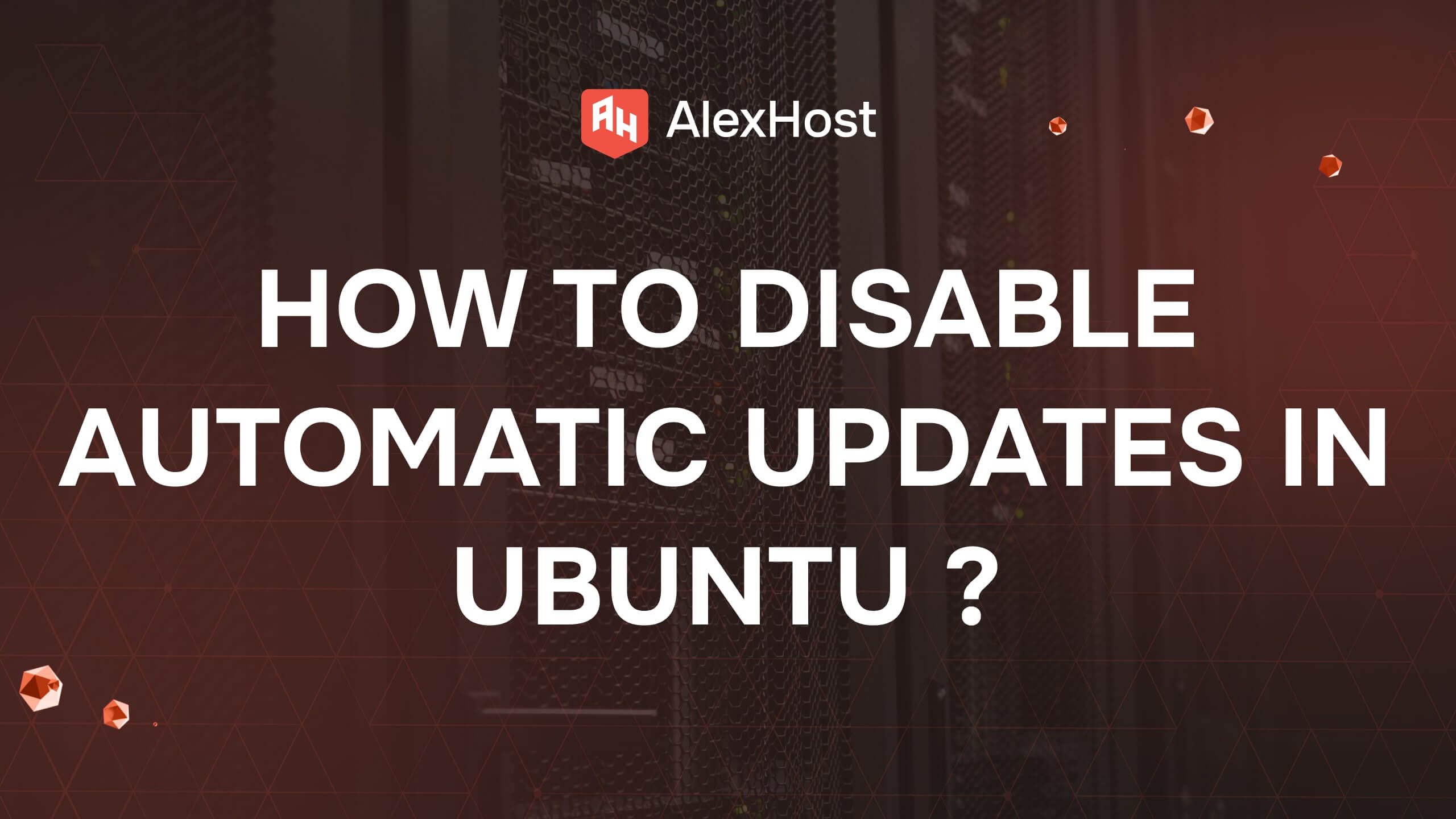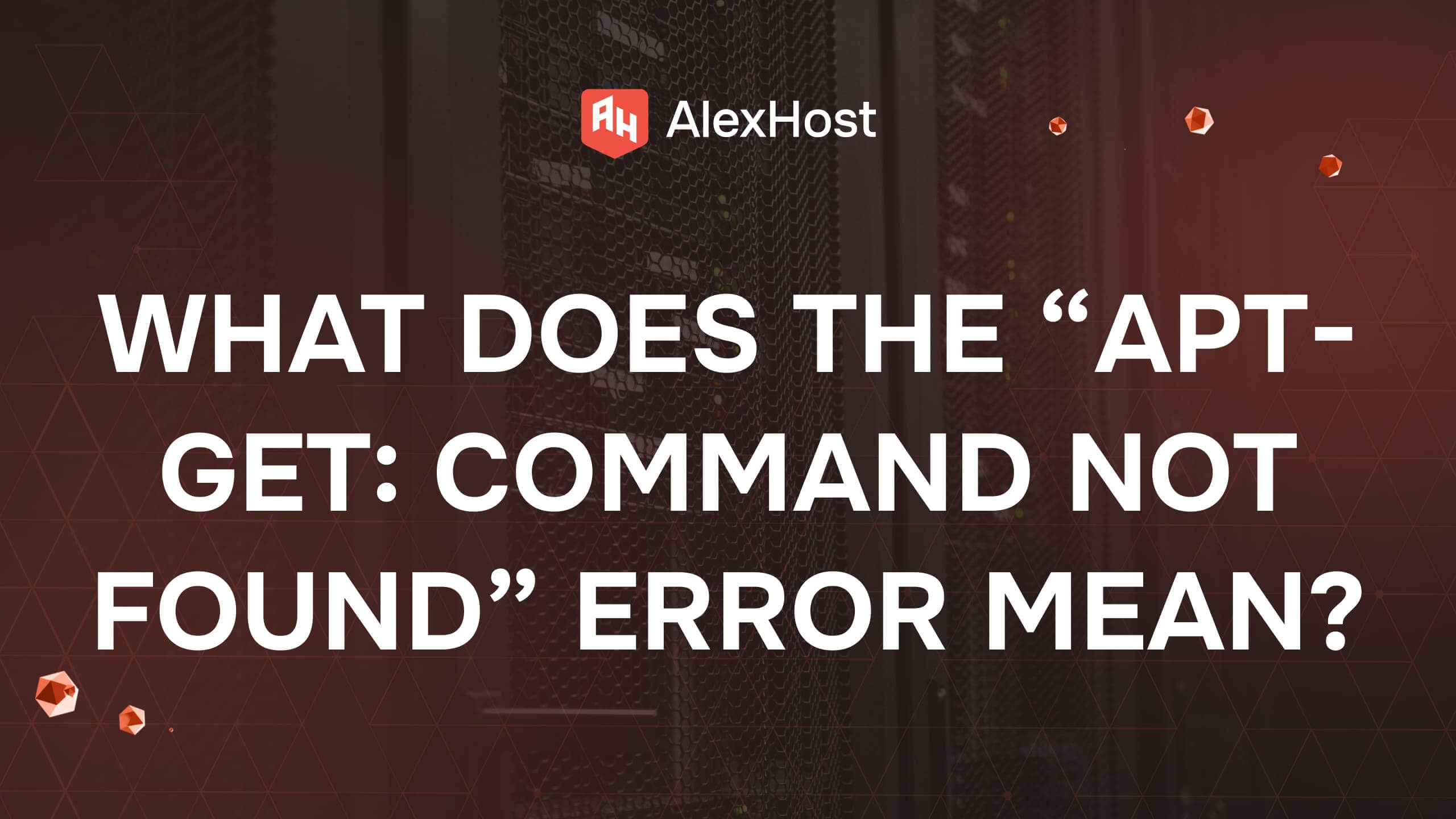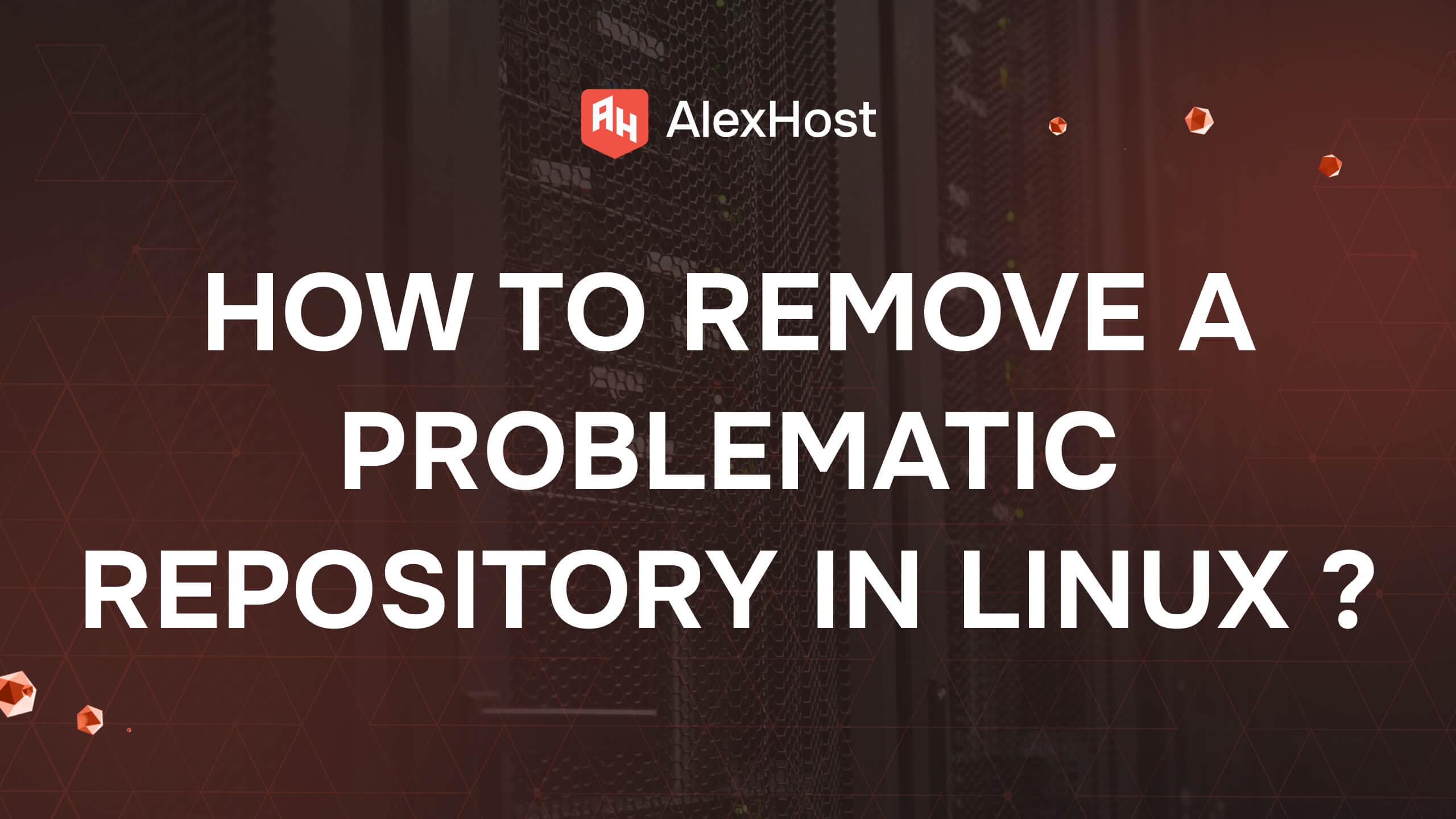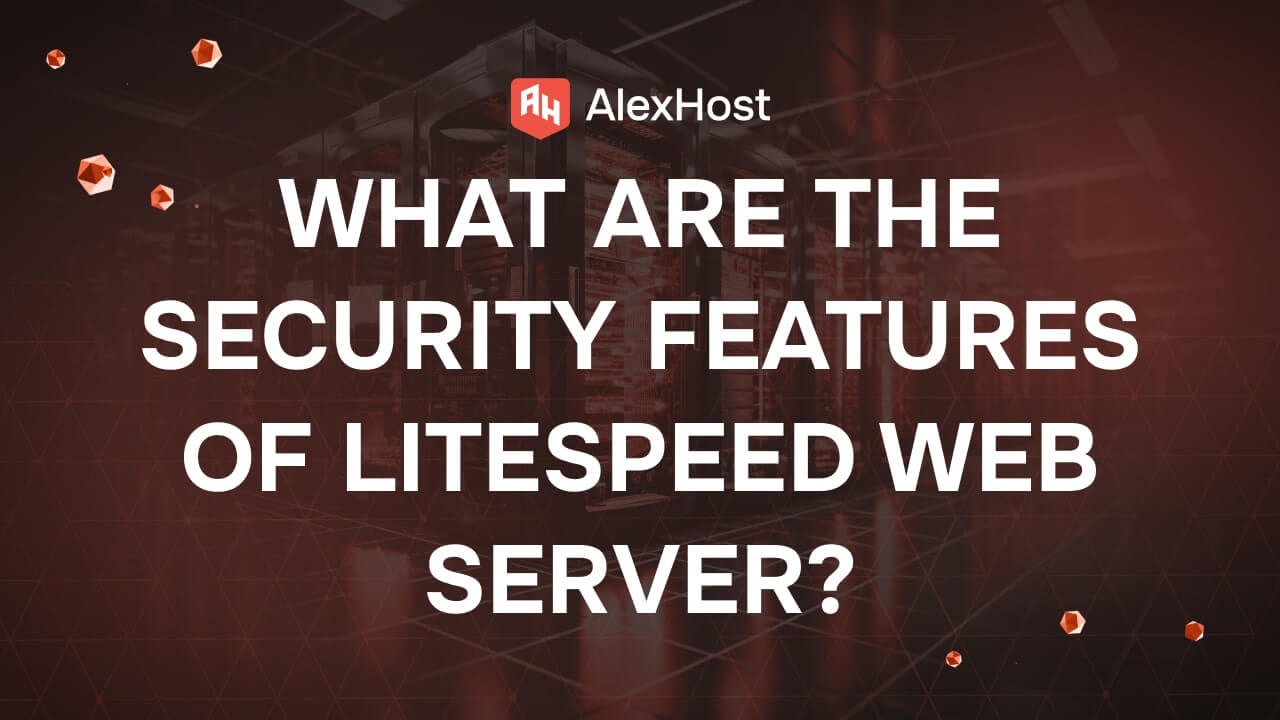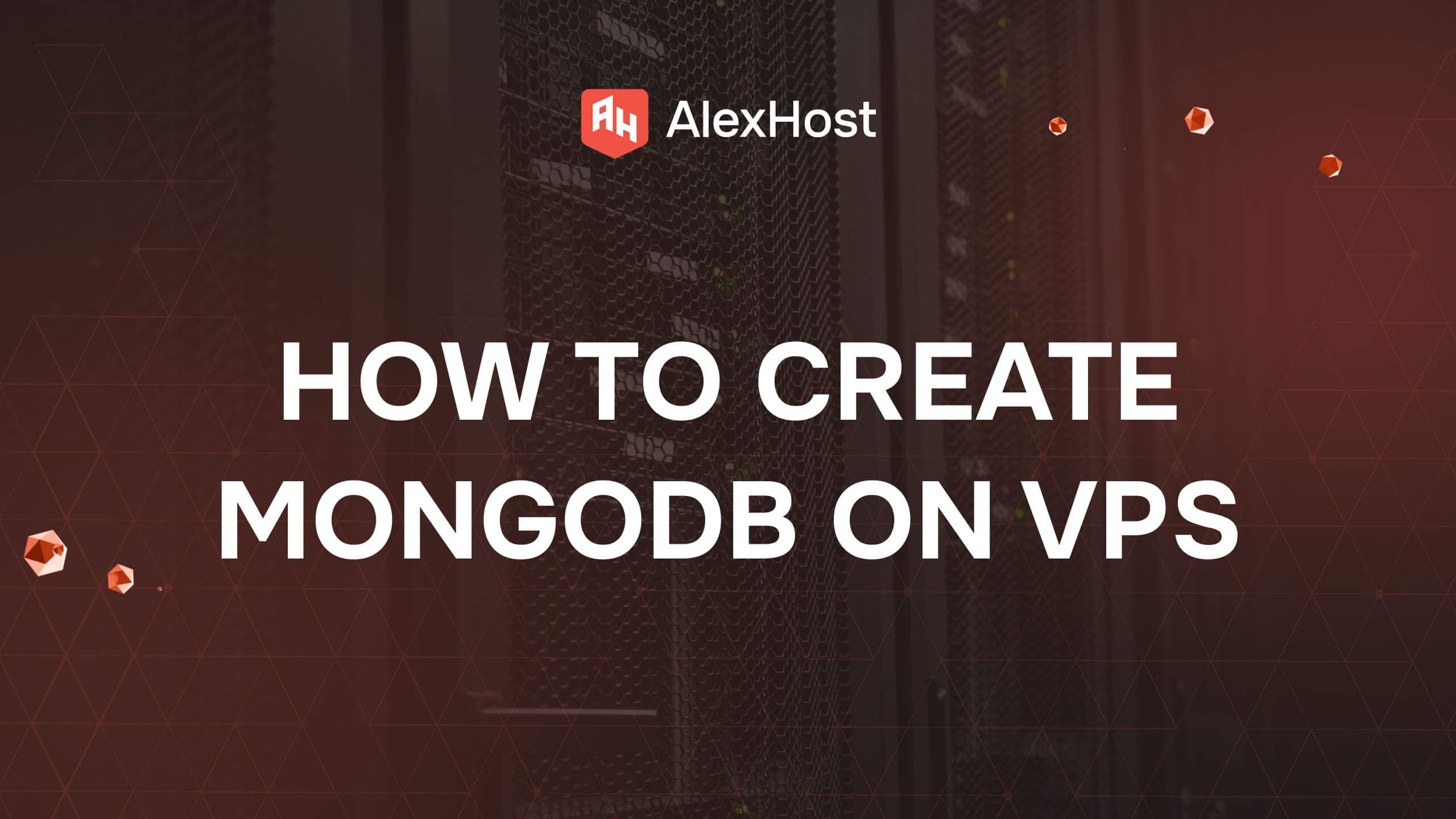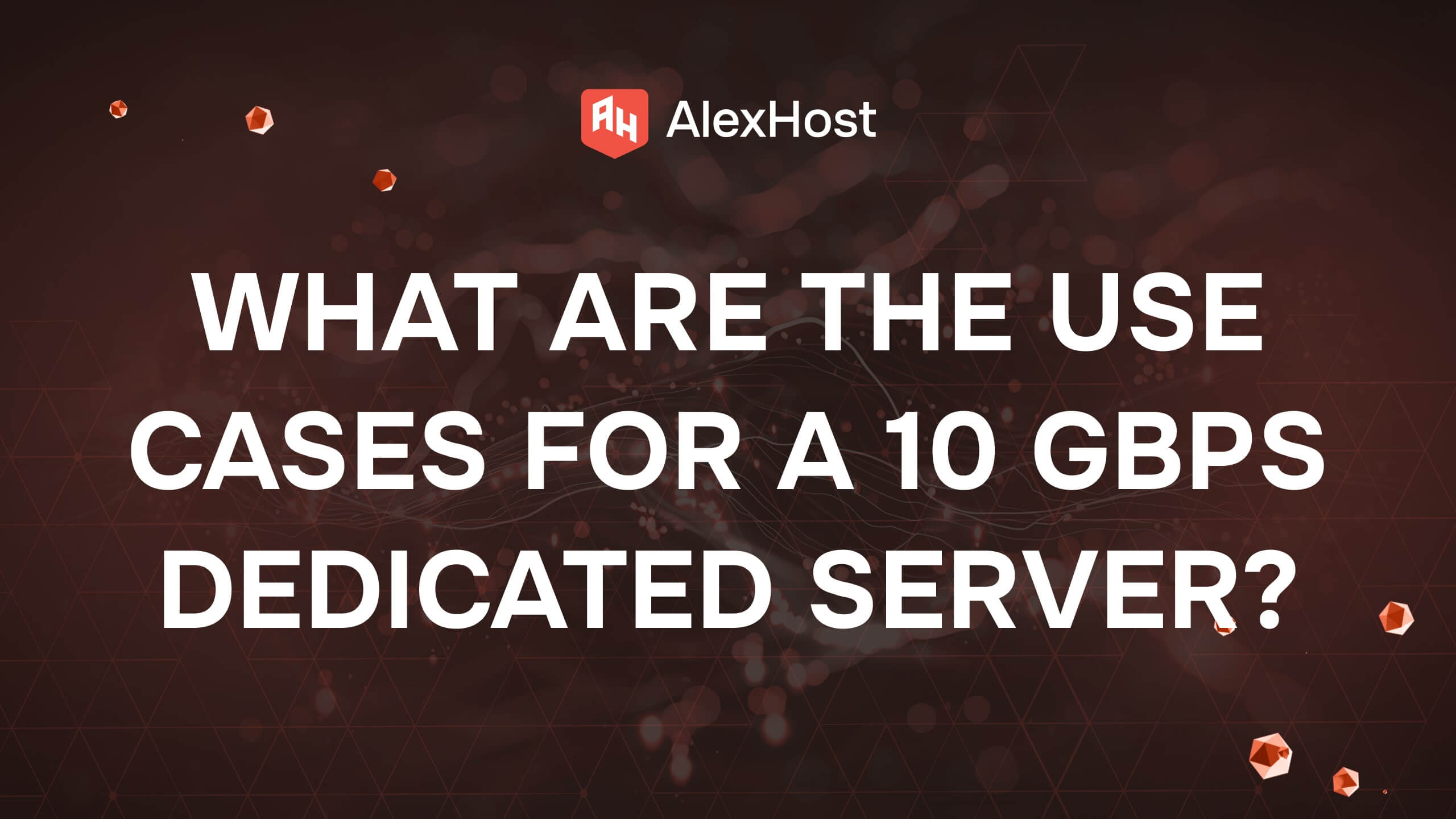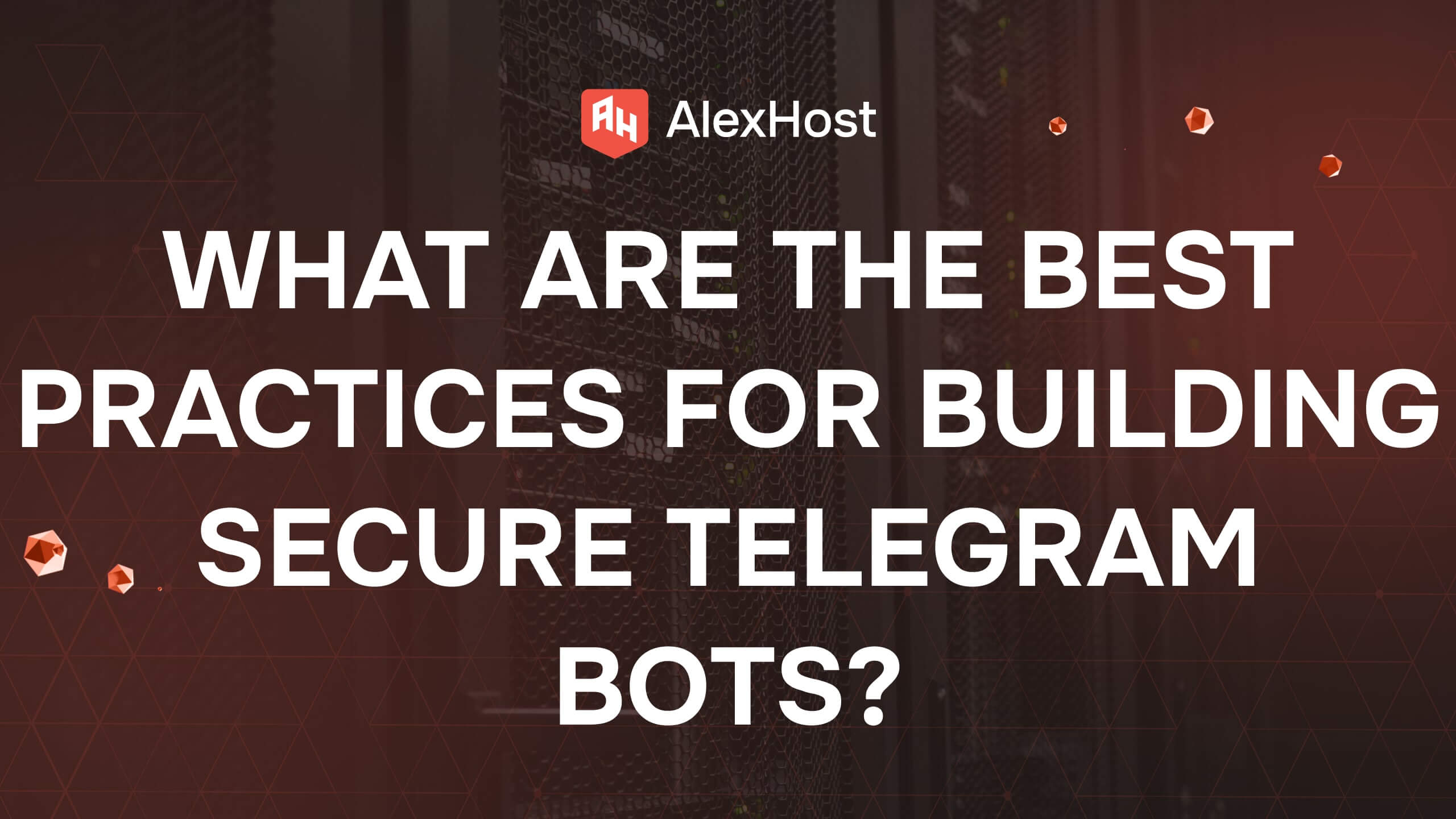faq-post
Running n8n on your own VPS is the best way to build secure, scalable, and always-on automation workflows. Unlike cloud-based automation services, hosting n8n on an AlexHost VPS gives you full data privacy, unlimited executions, 24/7 uptime, and predictable costs. With Debian 12 as the base OS, you’ll benefit from long-term stability and modern software […]
By default, Ubuntu installs updates automatically to keep your system safe and stable. This is useful for most users, but in some cases you may want to control updates manually — for example, on servers, test environments, or when you need to keep specific software versions. Main Update Mechanisms in Ubuntu unattended-upgrades — service that […]
When working with Linux, many tutorials instruct users to run commands using apt-get to install, update, or remove software packages. However, encountering the following error can cause confusion, especially among beginners: apt-get: command not found This message, while seemingly alarming, typically points to a straightforward issue: the system cannot locate the apt-get executable. This article […]
Managing software repositories is a critical aspect of maintaining a stable and secure Linux environment. Occasionally, repositories may become problematic—they may be outdated, untrusted, or cause conflicts during package management operations. This article provides a comprehensive guide on safely identifying and removing such troublesome repositories, primarily within Debian-based Linux distributions like Ubuntu, Mint, and Kubuntu. […]
LiteSpeed Web Server (LSWS) is widely recognized not only for its performance gains over Apache and Nginx, but also for its built-in security capabilities. Modern web environments face constant threats — from brute-force login attempts to full-scale DDoS attacks — and LiteSpeed provides administrators with a comprehensive set of defensive tools without requiring heavy third-party […]
MongoDB is a popular, high-performance NoSQL database used for modern applications that need flexible data models, fast reads/writes, and easy horizontal scaling. If you’re deploying an API, SaaS platform, CRM, e-commerce backend, or any data-driven service, running MongoDB on a VPS gives you full control over performance, security, and costs. In this guide, you’ll learn […]
Containers on AlexHost: Supercharge Your Apps with Lightweight Virtualization Why use containers on AlexHost? Containers are a game-changer for deploying apps, offering lightweight, isolated environments that share the host OS kernel. On AlexHost’s SSD-powered VPS or dedicated servers, containers like Docker or Kubernetes make your WordPress, Node.js, or e-commerce apps fast, portable, and scalable. This […]
Cryptocurrency mining has become one of the most resource-intensive digital activities in today’s tech world. While anyone can, in theory, mine coins from a personal computer, the scale and complexity of modern blockchains demand far greater computing power. This is where GPU hosting comes into play. Instead of buying and maintaining expensive hardware at home, […]
In today’s digital economy, speed and reliability are not just competitive advantages — they are fundamental to business success. Modern users expect instant access to services, whether it’s shopping, streaming, or online gaming. A 10 Gbps dedicated server delivers the ultra-high bandwidth and low latency needed to meet these expectations. It allows businesses to handle […]
Telegram bots have become an essential tool for businesses, enabling customer support, process automation, and direct engagement with users. However, the rapid growth of bot adoption has also attracted malicious actors who exploit poorly secured bots. A compromised bot can lead to data leaks, account suspensions, or even abuse of your infrastructure for phishing and […]








